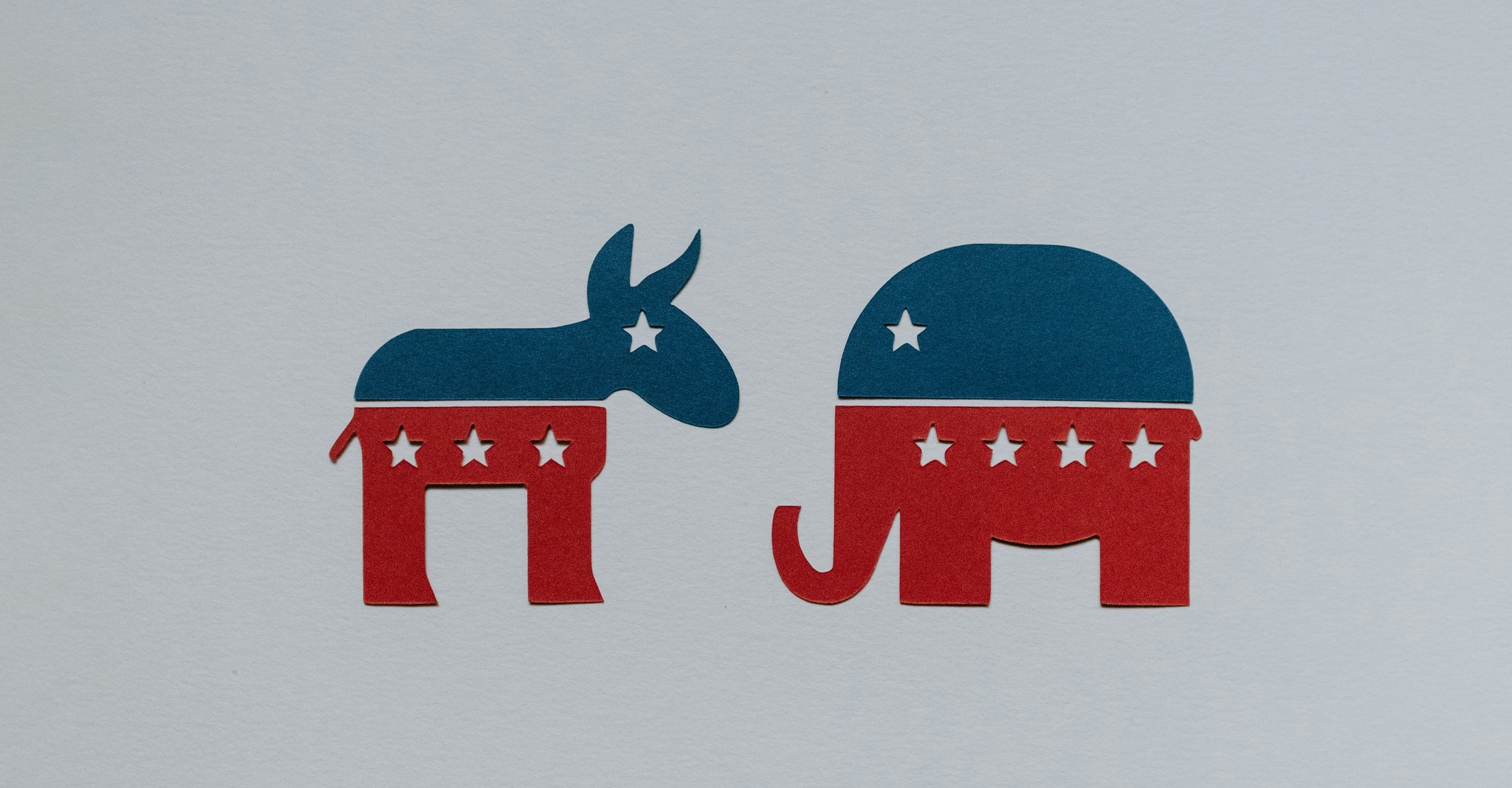Go Woke, Go Growth? 3 ETFs That Support Diversity, Equity, & Inclusion (DEI)
Last Updated:

Last week, I wrote a fairly controversial article titled "Go Woke, Go Broke? 3 ETFs to Buy if You’re a Conservative or Support Donald Trump."
In the interest of fairness and political neutrality, I’m flipping the script today to profile some unique ETFs that cater more towards progressives and those with left-leaning views.
I’m excluding most environmental, social, and governance (ESG) ETFs from this analysis. While they often incorporate considerations valued by this demographic, they aren’t overtly political in nature.
Instead, I’ll focus on ETFs with themes or strategies more explicitly aligned with progressive ideals. Here are three that may have flown under your radar, and a critical look at their performance so far.
SPDR MSCI USA Gender Diversity ETF (SHE)
The DEI oriented ETF on the market comes from State Street’s SPDR ETF lineup: SHE. This fund tracks the MSCI USA Gender Diversity Select Index.
SHE’s benchmark which focuses on leading companies in each sector that demonstrate a “strong commitment to promoting and supporting gender diversity at all levels of their organizations.”
Here’s how it works: the index evaluates companies based on the extent to which they promote gender advancement through their diversity policies and programs.
Then, companies are weighted using a composite measure that considers both market capitalization and a Gender Diversity Score, which assesses women’s representation and diversity management within the organization.
The sector composition of SHE closely mirrors the S&P 500, though its portfolio is less top-heavy, providing a more balanced allocation across holdings.

SHE is also relatively affordable, charging a 0.2% expense ratio—significantly lower than all three of the conservative-leaning ETFs profiled in the previous article.
Democratic Large-Cap Core Fund (DEMZ)
EMZ takes a less traditional approach to ESG by incorporating political considerations into its screening process. As the fund describes it, DEMZ aims to "replicate the S&P 500, without the GOP."
The primary screen for this ETF focuses on political contributions, including only companies that direct over 75% of their political donations to Democratic causes and candidates. This results in an initial universe of around 200 companies.
From there, the ETF employs Monte Carlo simulations to create a best-fit portfolio of what is now 51 holdings that replicates the risk and return profile of the S&P 500 as closely as possible.

DEMZ highlights that its portfolio reflects companies aligned with values such as diversity, living wages, affordable employee healthcare, and climate change mitigation. An interesting outcome of its methodology is the absence of fossil fuel companies, as most in the sector support Republican causes, making them ineligible for inclusion.
The fund charges a 0.45% expense ratio, which remains lower than the conservative-leaning ETFs discussed in the previous article. As of now, DEMZ has amassed $38.69 million in assets under management.
The NAACP Minority Empowerment ETF (NACP)
SHE supports gender diversity. DEMZ aligns with left-leaning political values. Our last and final ETF, NACP, focuses on racial equality.
This ETF tracks the Morningstar Minority Empowerment Index, which screens U.S. companies with strong diversity policies promoting racial and ethnic inclusion. NACP offers broad diversification, with a sector composition closely resembling the S&P 500, making it suitable as a core portfolio holding.

What makes this ETF unique is its structure. It is managed by Impact Shares, a nonprofit organization classified as a 501(c)(3). The fund is committed to donating all net advisory profits from its management fees to the National Association for the Advancement of Colored People (NAACP).
There is an important caveat, though. Net advisory profits are defined as the fees collected after deducting operating expenses and maintaining a reserve for working capital.
Because the fund’s assets under management currently stand at $55.52 million, its fees have not yet exceeded these costs. As a result, Impact Shares has not made any charitable contributions so far.
The expense ratio for NACP is 0.49%, higher than the other funds discussed, but it reflects the fund’s focused mission and nonprofit structure.
How have these ETFs fared?
I conducted a backtest of the total returns for all three ETFs—SHE, DEMZ, and NACP—over the period from November 3, 2020, to November 22, 2024, and compared them to the SPDR S&P 500 ETF (SPY).
In short, all three ETFs underperformed SPY on both total and risk-adjusted returns. Among the three, SHE fared the worst, NACP landed in the middle, and DEMZ came closest to matching SPY’s performance.

Why the underperformance? The most likely explanation is fees. These ETFs have to overcome annual expense ratios ranging from 0.2 percent to 0.49 percent, while SPY’s expense ratio is just 0.095 percent. Over time, higher fees create a drag on performance, which can be difficult for thematic or niche ETFs to overcome, especially when their portfolios overlap significantly with broader, low-cost funds.
It’s worth noting that in the backtest for the conservative ETFs, one beat SPY, while another matched it on total returns but outperformed on a risk-adjusted basis. However, I wouldn’t draw definitive conclusions from either set of backtests, as the periods analyzed were different and relatively short.
Regardless, I’ll leave you with the same takeaway and personal opinion as in my previous article: don’t mix politics and investing! If your goal is to make an impact with your capital, I believe there are better and more direct ways to do so than through thematic ETFs like these.

